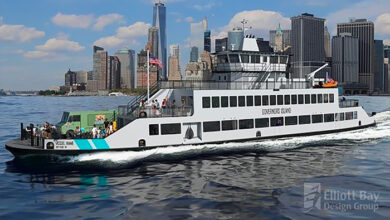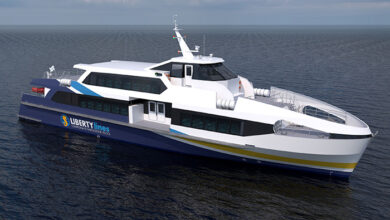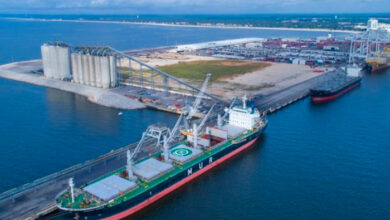Ports of Long Beach and Los Angeles announce fine for container unloading delay
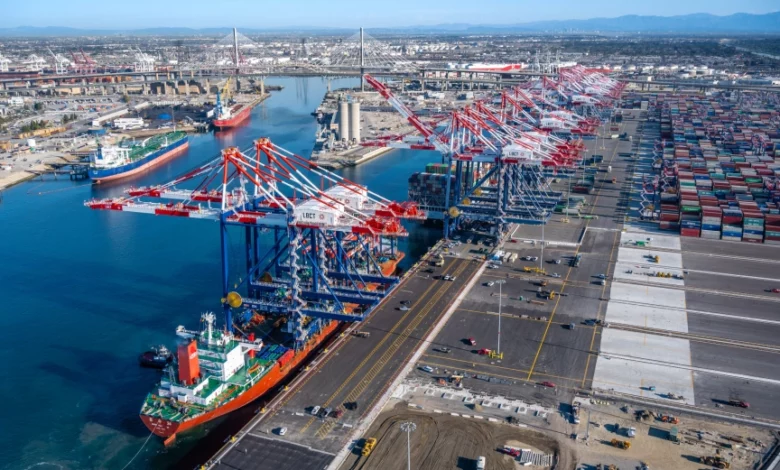
LOS ANGELES HARBOR COMMISSION APPROVES PLAN TO CLEAR CARGO OFF DOCKS
Struggling with heavy backlogs and congestion at ports, the Port of Long Beach (POLB) and the Port of Los Angeles (POLA) has announced to impose a fine of 100 US dollars per day per container from shipping companies that unload cargo too slowly. Explaining the arrangement, the twin ports said that from 1st Nov, the arriving containers scheduled to be moved by trucks will be allowed to stay for 9 days and after that, the fine would be collected from them. For the cargo scheduled to be moved by trains, the port stay for the containers would be only 3 days before the fine is applied.
Mario Cordero, Executive Director of POLB said that terminals are running short on space and this move will make space for containers sitting on ships at anchor. The past month saw a number of steps taken by the port administration as well as government interventions to ease up the logjam of cargo ships that have crippled the global supply chain.
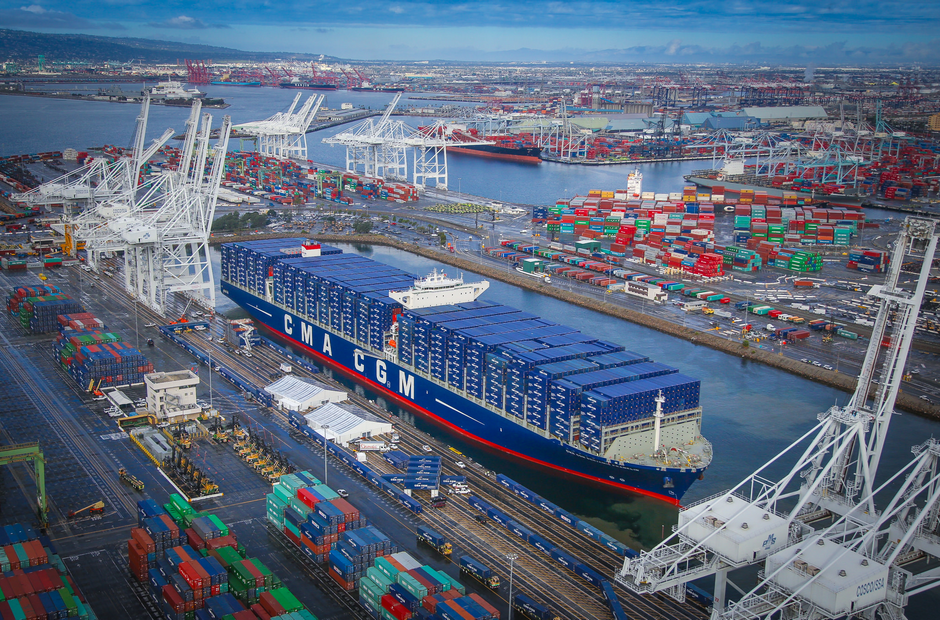
The late fees collected from the stagnant cargo shippers will be reinvested in programs to enhance the efficiency and speed of cargo movement at these ports. It will also be used to address the impact of congestion throughout San Pedro Bay.
This latest penalty-imposing policy was developed in coordination with the Biden-Harris Supply Chain Disruptions Task Force, the US Department of Transportations, and other supply chain stakeholders. John D. Porcari, Port Envoy to the Biden-Harris Supply Chain Disruptions Task Force supported the step taken by the twin ports and said that it will expedite the cargo movement at ports which would ultimately reduce congestion.

Ocean Carriers to be Assessed for Containers that Dwell on Terminals
The Long Beach Harbor Commission will consider a similar program today.






